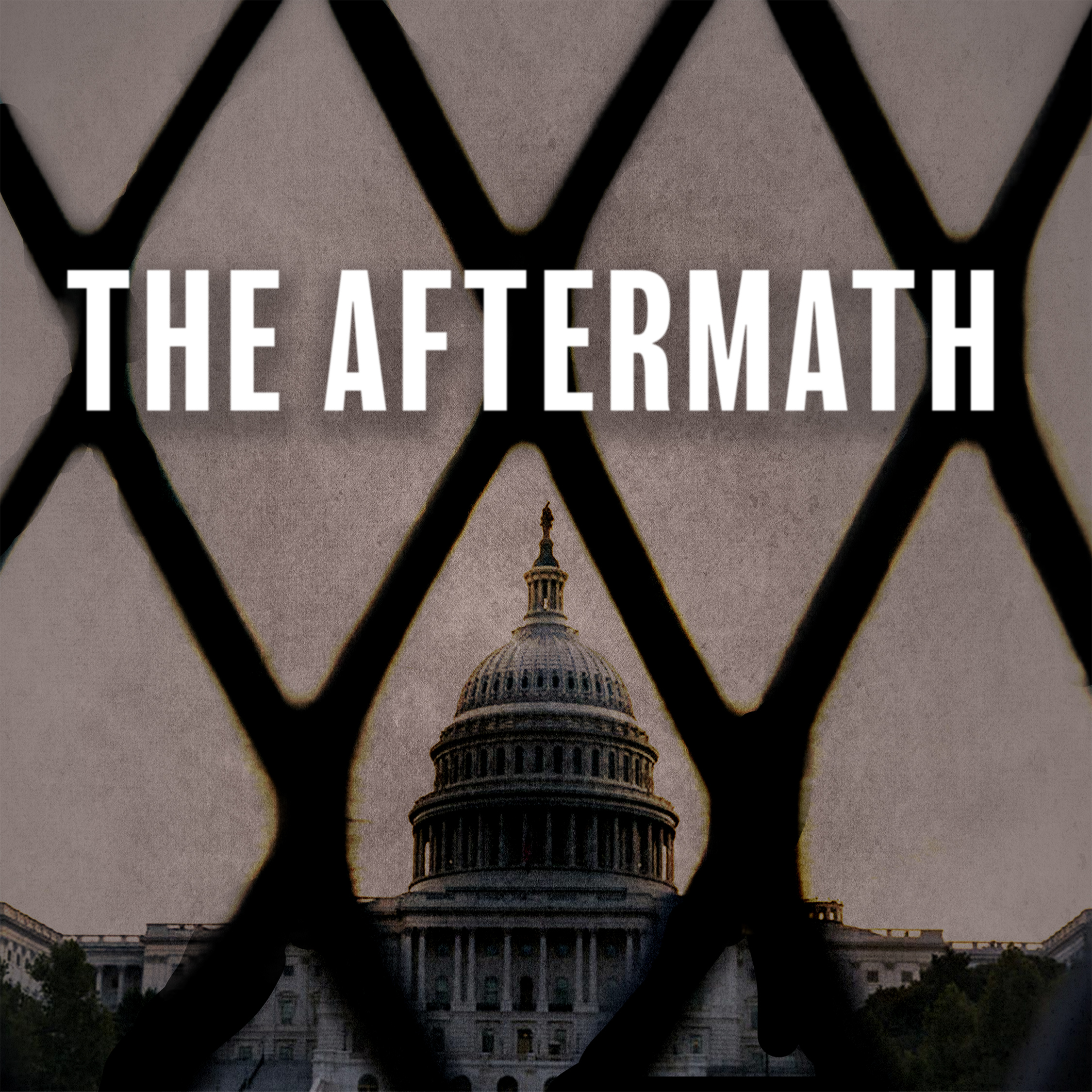The Aftermath, Season 1: Binge the Whole Thing

Published by The Lawfare Institute
in Cooperation With

I’m thrilled to announce that Season 1 of The Aftermath is now done, out, and ready for binge-listening. Earlier today, we released the final episode of the series, which chronicles the diverse efforts across the American political and legal systems to provide for accountability for the Jan. 6 uprising. Season 1 covers the period from the day of the insurrection itself through the Jan. 6 Committee’s first hearing and the period of its investigation. It is, if I do say so myself, a documentary unlike any other that has been made on the subject. It is not about Jan. 6 but about the efforts to respond to Jan. 6. It is not about Donald Trump, but about the efforts following his presidency to respond to Donald Trump.
It has been a pleasure working with a truly superb team on this project, both at Lawfare and at Goat Rodeo, our podcast projection partners. Most importantly, big thanks to Natalie Orpett, who hosts the show, to Ian Enright and Megan Nadolski of Goat Rodeo, and to Lawfare associate editors Katherine Pompilio and Rohini Kurup.
Here is an outline of the six episodes of Season 1:
Episode 1: Day Zero, Ground Zero
The first episode deals with the events of Jan. 6 itself and the accountability questions they raised: How did security at the Capitol complex fail so completely? Who bears political responsibility for the event, and what does that look like? How do you conduct a criminal investigation of an attack when you’ve literally let thousands of perpetrators walk away from the scene? Who gets to tell the official story of what happened that day, and by what means and authority? And where do we go from here?
Episode 2: Scattered to the Four Winds
The second episode deals specifically with the early phases of the criminal investigation launched by the FBI even as the perpetrators of the riot were heading home. Featuring former FBI and Justice Department official Chuck Rosenberg, New York Times reporter Katie Benner, and Seamus Hughes of the George Washington University Program on Extremism, it tells the story of how the investigation got started, the challenges investigators faced in a nationwide manhunt featuring thousands of suspects and perpetrators, and the internal struggle that had just taken place within the Justice Department itself.
The third episode looks at what Congress was doing in the days immediately after Jan. 6. What tools were at its disposal, and what options did it consider to hold President Trump accountable for the insurrection? Was impeachment the best way to address what happened, or just the most viable one at the time? We hear from experts and from people who were actually there, on both sides of the proceedings—Rep. Jamie Raskin, the lead impeachment manager, and David Schoen, the lead defense lawyer for Donald Trump. We even talked to one of the last living Framers of the Constitution.
Episode 4: A Bipartisan Interlude
The fourth episode recalls the brief period in which Democrats and Republicans worked together to confront what had happened on Jan. 6. Although fleeting, this period was actually quite productive—Congress conducted important investigations, held 21 public hearings, and took meaningful action to fix things. It made progress, especially on improving Capitol security. But it turned out that bipartisanship was only possible when everyone was focused on what, and who, had failed to prevent the attack. When it came to questions about what and who caused the attack in the first place, the bipartisanship dissolved.
Episode 5: Who Tells Your Story?
The fifth episode explores another aspect of Congress’s response to Jan. 6: efforts to create an investigative body to find out what had happened. Proposals for a national commission began the day after the attack and continued to gain traction with support from both Democrats and Republicans. After a months-long negotiation, the House passed a bill establishing a bipartisan national commission on the model of the 9/11 Commission, which had conducted a widely-respected investigation of the terrorist attacks of September 11, 2001. But by the time the bill came to the floor, the political winds had shifted, and Senate Republicans ensured its ultimate failure. This led, perhaps surprisingly, to the creation of the now-famous Jan. 6 Select Committee—which was no one’s first choice. But why did it come to this?
The season finale delves into what was going on behind the scenes in the Jan. 6 committee’s investigation in the months between its first public hearing to its second, almost a year later. To many observers, the Jan. 6 committee’s public silence seemed to indicate that it simply wasn’t doing much. The records trickling out of the court system, however, told a much different story. Episode 6 details the committee’s legal battles over subpoena compliance, executive privilege, contempt, investigating fellow members of Congress, and more. It was these battles that provided glimpses into the committee’s efforts to build a case against the former president to prove that Trump and his allies did, in fact, attempt to shatter the foundation of American democracy.
We are now beginning work on Season 2 of The Aftermath, which will cover the output of the Jan. 6 Committee, the Proud Boys and Oath Keepers trials, and many other matters that arose in the year after the committee’s stunning hearings in the summer of 2022.


-final4d43.png?sfvrsn=b70826ae_3)
